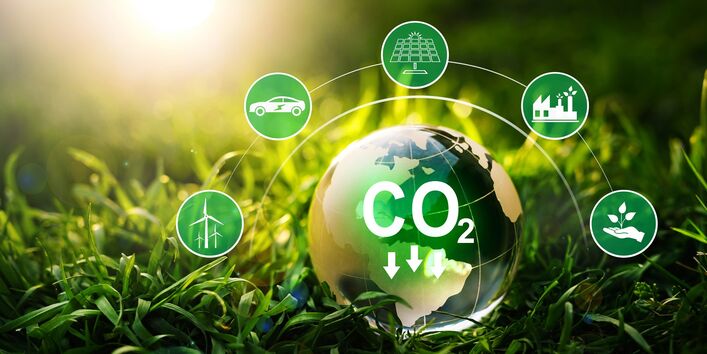The term ‘Green Economy’ was first used proactively by the UN Secretary-General in 2012 to describe an approach that unites the entire range of economic policies relevant to sustainable development under one umbrella. Green Economy is thus the guiding principle of an ecologically sustainable economy that links ecology and economy in a positive way and increases societal prosperity. Ten years on, digital technologies are ubiquitous with 1.5 billion people consuming products and services via e-commerce platforms and more than half of the world's population active on social media. This emphasises the need to expand the guiding principle of the green economy to include the aspect of digitalisation. Digitalisation and the green economy should go hand in hand, using digital technologies as the key to a green economy while ensuring the sustainability of digitalisation. For this broader understanding of a green economy, policymakers need information on the potential of different digitalisation technologies for sustainability, a skills update for public authorities themselves on how to use digital technologies efficiently, and information on any obstacles to using digital technologies for sustainability.
The research report “The contribution of big data, AI and digital platforms on the way to a green economy - areas of application and development potential” considers the three areas that give the report its title in the move toward a green economy, examining their application in both the private and public sectors. Based on the findings obtained, the report develops recommendations for action regarding environmental, climate protection and sustainability-related changes to the framework conditions.
For detailed information on the most important findings on the competitiveness of German companies in the field of environmentally oriented data science applications, on the potential of AI applications for the central transformation fields and on possible platform solutions aimed at environmental protection, as well as the need for action derived from these findings, please refer to the Factsheet "Digital Technologies and Green Economy” (in German).
